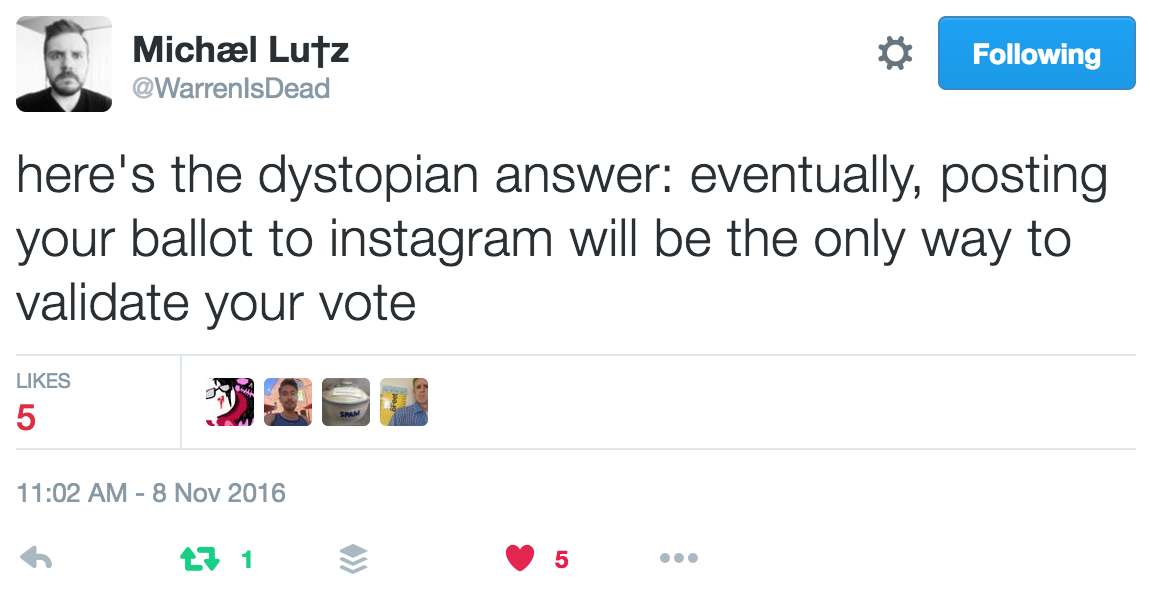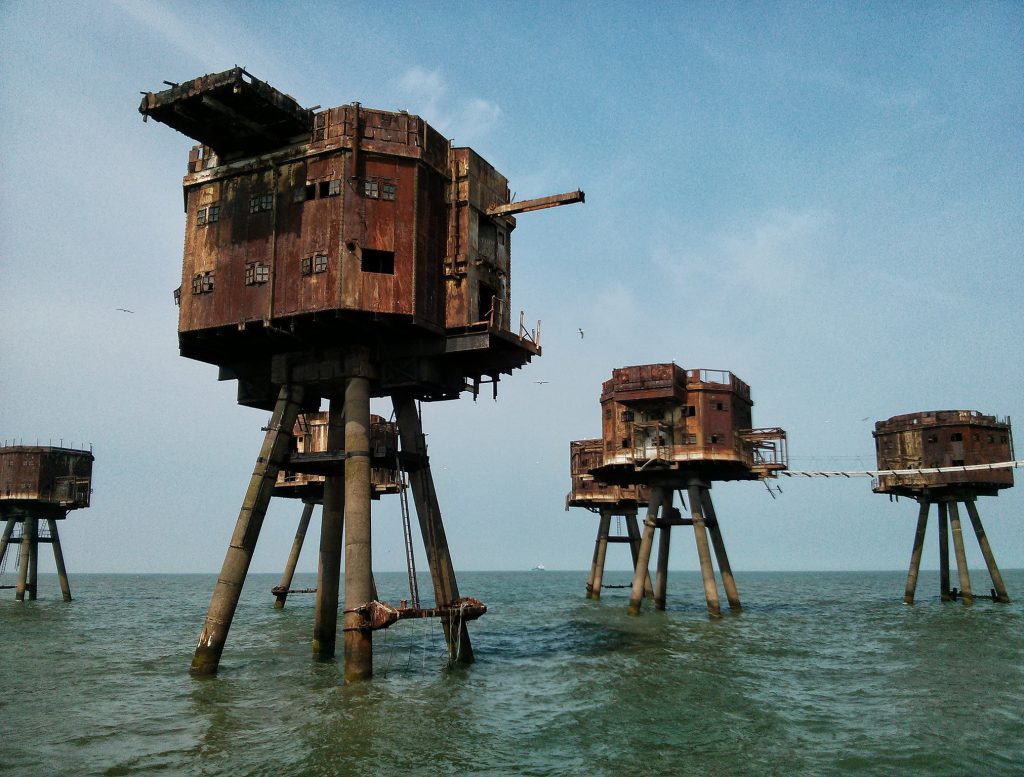In response to my floundering last week, reader Michael Dempsey suggested:
I think that you could take a look at a weekly concept and go deeper as to the best case, worst case, and cyberpunk outcomes in each. Would allow you to avoid constant negativity while also writing about how our future very well could splinter based on outcomes.
And reader Jan Renner suggested:
Several millennia in the past Europe was the cradle of innovation and cultural development. In my opinion this came to be by chance, since the climate was always very balmy in middle Europe, which made survival much easier compared to other parts of the world. Alongside with some easy to domesticate animals this gave early Europeans a lot of free time for thinking, innovating and developing in all areas of life. This resulted in rich kingdoms and such, which lead to colonization of most of the world, which lead to various other things in turn.
So, I don’t agree with this entirely. Europe and its offspring did end up being globally dominant — see Guns, Germs, and Steel plus current American hegemony — but European empires weren’t the first of their kind and there were other large-scale powers concurrently. Many scientific and cultural advances originated elsewhere before being coopted by Europeans. That said, Renner is broadly correct. (This isn’t a reflection of the quality of European people, but rather luck and first conditions snowballing into surprising end results.)
Tying the two suggestions together, this week I’m going to look at the best case, worst case, and cyberpunk case of today’s empires. I am definitely coming at this from an American perspective, since that’s where I live and what I know best. YMMV.

Image via Salon; originator of the ~cyber~ edit unknown. This is Frank Underwood from House of Cards, played by Kevin Spacey.
Let’s start the week on an optimistic note, eh? I actually think we’re pretty darn close to an optimal setup, assuming we can keep multinational trade deals intact. That may reflect my cynicism re: what the best-case scenario can be.
On a macro level, political outcomes are largely important to the extent that they affect economic outcomes, and I expect Hillary Clinton (the overwhelmingly likely winner, but please still vote) to be pretty pro-trade, whatever her stump-speech rhetoric. She’s a neoliberal and from what the disgusted leftists tell me, neoliberals like free markets.
The great thing about trade is that it’s win-win for the parties who are directly involved. From Nick Szabo’s long essay about the origins of money:
Because individuals, clans, and tribes all vary in their preferences, vary in their ability to satisfy these preferences, and vary in the beliefs they have about these skills and preferences and the objects that are consequent of them, there are always gains to be made from trade. Whether the costs of making these trades — transaction costs — are low enough to make the trades worthwhile is another matter.
One of the useful effects of the internet is pushing transaction costs lower and lower. Transaction costs are intimately tied to distribution, of both goods and ideas. The internet has “disrupted” the geography-bound analogue world in which distribution was slow and full of gatekeepers. We all bounce together so much more often now.
The unfortunate things about trade are 1) environmental externalities and 2) HR externalities.
Manufacturing wreaks a lot of environmental havoc that the perpetrating companies are never held accountable for, often in countries with nonfunctional governments. (Think mineral mining in the Democratic Republic of the Congo.) And then from the human resources perspective, a corporation moving to [insert country with lower labor costs] is good for both the corporation and the workers in the place they relocate to. But it’s hard for the place they relocate from, at least in the short term.
I don’t see a quick solution to either of these problems. We need strong governments so that we can pressure large companies not to do the heinous things that they love to do absent regulation, and we need free trade to fully express comparative advantage.
What’s really missing is easy movement of labor — if individual humans were able to migrate at will, they could go to wherever the jobs were until we reached a supply-and-demand equilibrium.
I said a few paragraph ago, “political outcomes are largely important to the extent that they affect economic outcomes” — this is an example. A pro-immigration, not-explicitly-racist president is crucial because that kind of executive may ease restrictions on workers’ ability to relocate according to their financial prospects.
Does all of that make sense? Am I too callous, zooming out to focus on economics?
Reader JM Porup disagrees with me re: multinational trade deals. He previously wrote an article about his thoughts on the matter, which you should read if you’re interested!






![Photo by Newtown grafitti [sic].](../../../../wp-content/uploads/2016/09/6399125415_d078297594_b.jpg)


